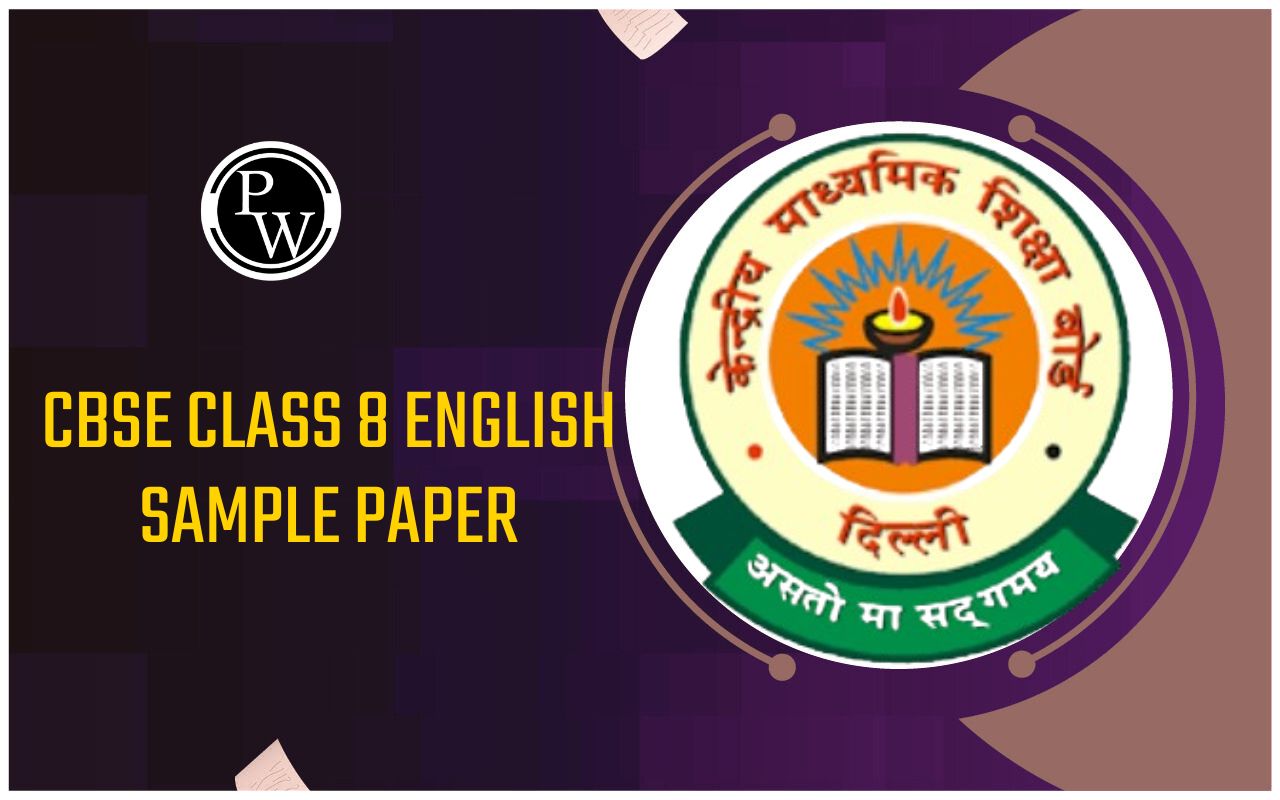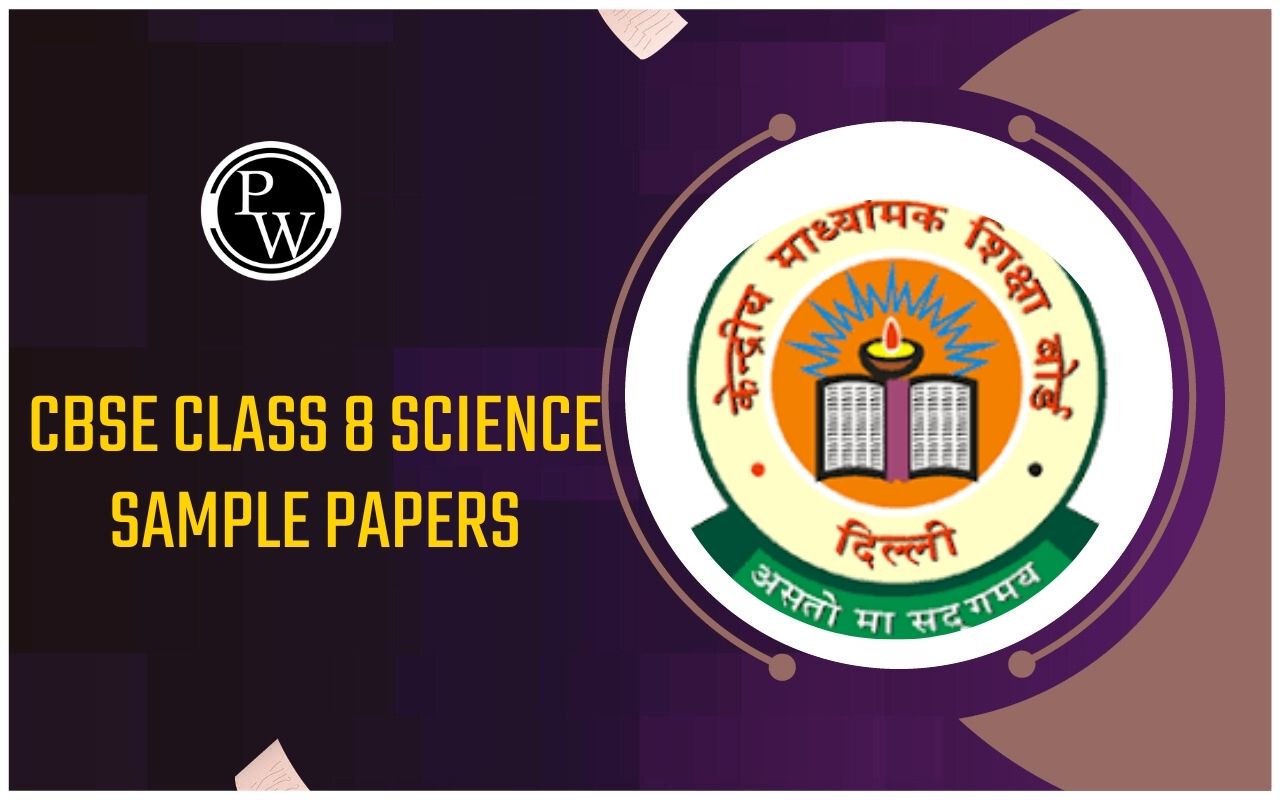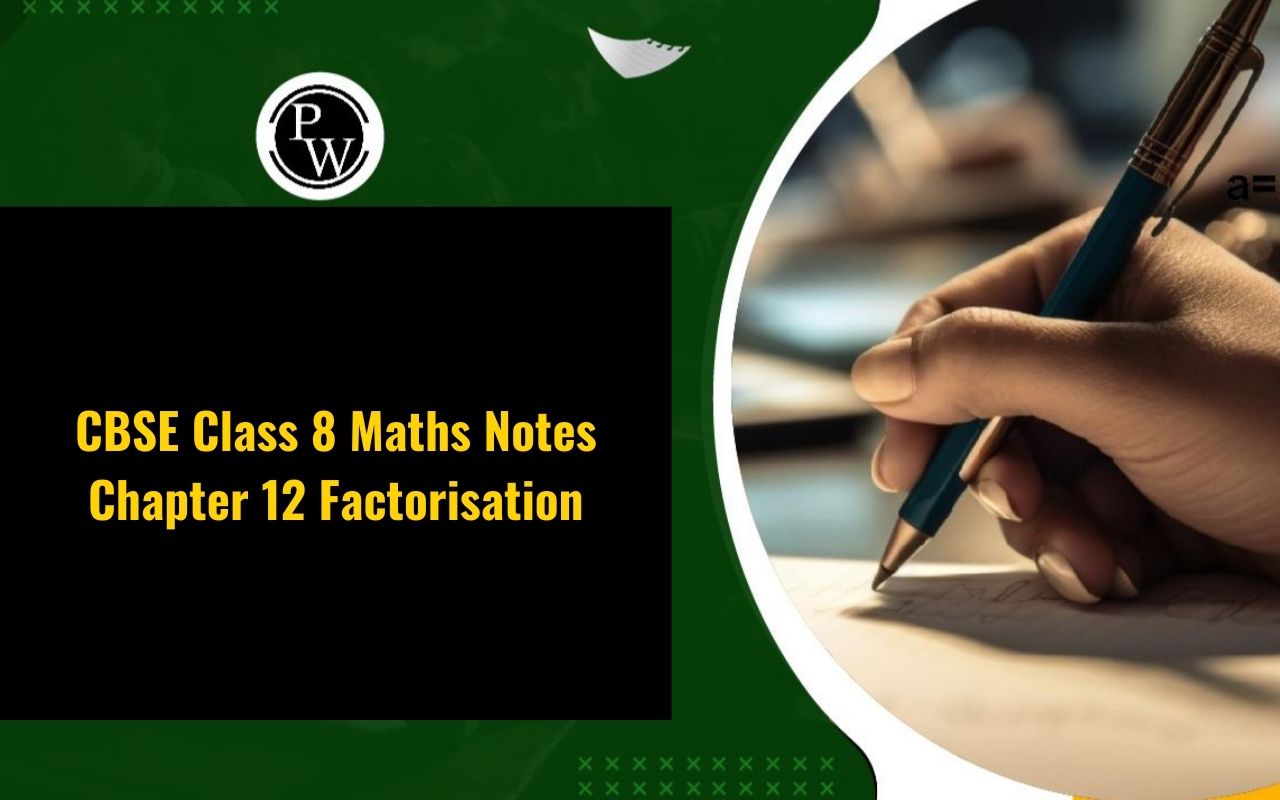
NCERT Solutions for Class 8 Science Chapter 1 discusses the production and management of crops in detail. The subject experts have created solutions considering the most recent CBSE Class 8 Science Syllabus and guidelines. This article provides you with an overview of each topic covered in Chapter 1 as well as solutions to the questions given at the end of the chapter.
NCERT Solutions For Class 8 Science Chapter 1 Overview
NCERT Solutions For Class 8 Science Chapter 1 Crop production and Management Overview: The first chapter of the Class 8 Science textbook from the NCERT introduces the principles of agriculture and farming techniques. Students will gain an understanding of several facets of crop production, such as agricultural techniques, soil preparation, planting, irrigation, and harvesting. The necessity of agriculture for life support and food security is discussed at the beginning of the chapter. It talks about the many phases of crop cultivation. Students gain knowledge of the many crop varieties and the conditions necessary for their growth. Other important topics discussed in this chapter include techniques for preparing the soil, which are critical for meeting nutrient requirements for crops and preserving soil fertility. The chapter also explores modern and ancient irrigation strategies to guarantee improved crop production with an adequate supply of waterNCERT Solutions For Class 8 Science Chapter 1 PDF
For the convenience of the students, we have provided the NCERT Solution for Class 8 Science Chapter 1 in PDF format here. Students can download it from the given link below and study thoroughly to gain a better understanding of the concepts covered in the first chapter of the CBSE Class 8 Science textbook.NCERT Solution for Class 8 Science Chapter PDF
List of the Topics Covered in CBSE Class 8 Science Chapter 1
Here is the list of all the topics covered in CBSE Class 8 Science Chapter 1- Agricultural Practices
- Basic Practices of Crop Production
- Preparation of Soil
- Sowing
- Adding Manure and Fertilizers
- Irrigation
- Protection from Weeds
- Harvesting
- Storage
- Food and Animals
NCERT Solutions For Class 8 Science Chapter 1 Exercise
Exercise Questions
1. Select the correct word from the following list and fill in the blanks.
float, water, crop, nutrients, preparation (a) The same kind of plants grown and cultivated on a large scale at a place is called _____________. (b) The first step before growing crops is _____________ of the soil. (c) Damaged seeds would _____________ on top of water. (d) For growing a crop, sufficient sunlight and _____________ and _____________ from the soil are essential. Solution: (a) The same kind of plants grown and cultivated on a large scale at a place is called the crop . (b) The first step before growing crops is the preparation of the soil. (c) Damaged seeds would float on top of the water. (d) For growing a crop, sufficient sunlight, water, and nutrients from the soil are essential.2. Match items in column A with those in column B.
|
(a) Food for cattle |
| (2) Rabi crops | (b)Urea and superphosphate |
| (3) Chemical fertilizers | (c) Animal excreta, cow dung urine and plant waste |
| (4) Organic Manures | (d) Wheat, gram, pea |
| (e) Paddy and maize |
|
(e) Paddy and Maize |
| (2) Rabi crops | (d) Wheat, gram, pea |
| (3) Chemical fertilizers | (b) Urea and superphosphate |
| (4) Organic Manures | (c) Animal excreta, cow dung urine and plant waste |
| Fertilizers | Manure |
| Fertilizer is an inorganic substance. | Manure is an organic substance. |
| Fertilizers are prepared artificially | Animal, plant, and human waste decompose to produce manure. |
| Prepared in factories | Prepared in fields |
| Do not add humus to the soil | Provide humus to the soil |
| Rich in plant nutrients | Relatively less in plant nutrients |
| Long-term usage has adverse effects on soil. | Long-term usage improves soil fertility. |
- Tilling: This involves turning the soil before sowing, which helps to uproot and kill weeds.
- Manual Removal: Physically pulling out weeds from the fields.
- Weedicides: Applying chemical sprays to eliminate weeds, though care must be taken as these can pose health risks to farmers.
Benefits of Referring to NCERT Solutions For Class 8 Science Chapter 1 Notes
Students can get the following benefits by referring to NCERT Solutions for Class 8 Science Chapter 1.- Comprehensive Understanding: The solutions provide detailed explanations of key concepts, which helps students understand important topics thoroughly.
- Exam Preparation: These notes offer a structured approach to revision, making it easier for students to prepare for exams effectively.
- Practice and Reinforcement : The solutions include a variety of practice questions that reinforce learning and enhance problem-solving skills.
- Time Management: By providing precise and concise answers, these notes help students save time during exam preparation and homework completion.
- Adherence to Syllabus : The solutions are designed in accordance with the latest CBSE syllabus, which ensures that students are studying relevant and updated material.
- Improved Performance: Regular use of these notes can lead to better performance in assessments and a stronger foundation in science.
- Confidence Boost: Understanding and mastering the material boosts students' confidence and encourages them to tackle more challenging topics with ease.
NCERT Solutions For Class 8 Science Chapter 1 FAQs
How do farmers separate healthy and damaged seeds?
Farmers can put some seeds in a container full of water and stir them thoroughly. After some time, the damaged seeds are found floating on water because they are hollow from inside and thus lighter. These damaged seeds are then separated.
How do manures differ from fertilizers from a production point of view?
Fertilizers are produced in factories, whereas manures are natural substances obtained by decomposing animal wastes and residues.
What are the seasonal times for Kharif and Rabi crop production?
Kharif crops are grown in rainy seasons, and Rabi crops are cultivated in winter seasons.
How is drip irrigation used in areas with poor water availability?
In drip irrigation, water is supplied drop-by-drop in a particular position, especially on the roots of plants. It saves a lot of water without any waste, so it is useful in areas with poor water availability.
What is the correct time to apply weedicides?
The best time for spraying weedicides to destroy weeds in the field is before flowering and seed formation in crops.
🔥 Trending Blogs
Talk to a counsellorHave doubts? Our support team will be happy to assist you!

Check out these Related Articles
Free Learning Resources
PW Books
Notes (Class 10-12)
PW Study Materials
Notes (Class 6-9)
Ncert Solutions
Govt Exams
Class 6th to 12th Online Courses
Govt Job Exams Courses
UPSC Coaching
Defence Exam Coaching
Gate Exam Coaching
Other Exams
Know about Physics Wallah
Physics Wallah is an Indian edtech platform that provides accessible & comprehensive learning experiences to students from Class 6th to postgraduate level. We also provide extensive NCERT solutions, sample paper, NEET, JEE Mains, BITSAT previous year papers & more such resources to students. Physics Wallah also caters to over 3.5 million registered students and over 78 lakh+ Youtube subscribers with 4.8 rating on its app.
We Stand Out because
We provide students with intensive courses with India’s qualified & experienced faculties & mentors. PW strives to make the learning experience comprehensive and accessible for students of all sections of society. We believe in empowering every single student who couldn't dream of a good career in engineering and medical field earlier.
Our Key Focus Areas
Physics Wallah's main focus is to make the learning experience as economical as possible for all students. With our affordable courses like Lakshya, Udaan and Arjuna and many others, we have been able to provide a platform for lakhs of aspirants. From providing Chemistry, Maths, Physics formula to giving e-books of eminent authors like RD Sharma, RS Aggarwal and Lakhmir Singh, PW focuses on every single student's need for preparation.
What Makes Us Different
Physics Wallah strives to develop a comprehensive pedagogical structure for students, where they get a state-of-the-art learning experience with study material and resources. Apart from catering students preparing for JEE Mains and NEET, PW also provides study material for each state board like Uttar Pradesh, Bihar, and others
Copyright © 2026 Physicswallah Limited All rights reserved.








